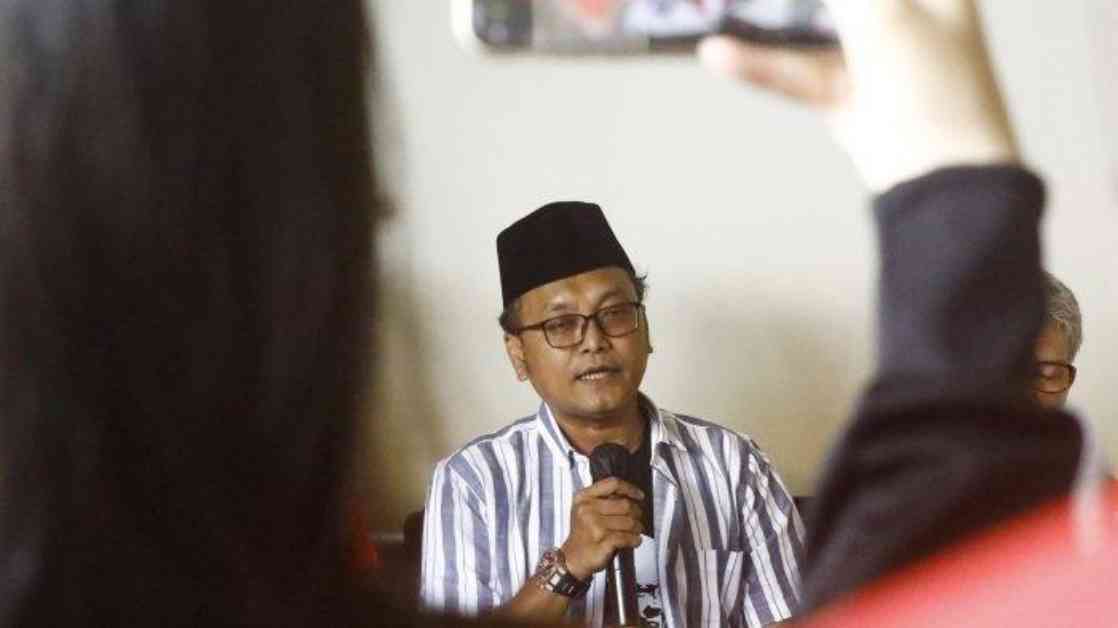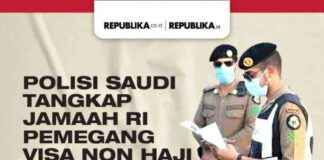PDIP Urges KPK to Focus on Resolving Stalled Cases
The Democratic Party of Struggle (PDIP) has recently drawn attention to a corruption scandal involving high-ranking officials, prompting a response from the Corruption Eradication Commission (KPK) in Indonesia. The Secretary-General of PDIP, Hasto Kristiyanto, has reportedly submitted digital evidence implicating state officials in corrupt practices, although the specific individuals involved have not been disclosed yet.
Guntur Romli, the spokesperson for PDIP’s Central Executive Board, emphasized the importance of addressing long-standing cases that have remained unresolved. Romli stressed the need for the KPK to prioritize tackling stagnant corruption cases, such as the alleged illegal nickel ore exports that have cost the country hundreds of trillions of rupiah, as highlighted by the late Faisal Basri.
Call for Accountability
In addition to urging the KPK to focus on pending cases, PDIP has raised concerns about reports of 78 KPK employees engaging in extortion within the KPK detention center. Allegations suggest that these individuals amassed approximately Rp6.3 billion in illicit funds between 2019 and 2023. Romli expressed dismay at the prospect of these employees escaping with a mere apology as punishment, emphasizing the need for accountability and justice.
Furthermore, PDIP has called on the KPK leadership to address discrepancies surrounding the investigation into the Bank Indonesia Corporate Social Responsibility (CSR) case. Romli criticized the KPK for retracting its initial suspect designation in this scandal, emphasizing the importance of thoroughly investigating such matters to uphold transparency and integrity.
Transparency and Responsibility
Romli’s statements underscore the party’s commitment to ensuring transparency and accountability within Indonesia’s anti-corruption efforts. By urging the KPK to prioritize unresolved cases, address internal misconduct, and uphold investigative integrity, PDIP seeks to strengthen the country’s anti-corruption initiatives and restore public trust in governmental institutions.
As the nation awaits further developments in the unfolding corruption scandal and the KPK’s response to Hasto Kristiyanto’s allegations, the spotlight remains on the imperative of combating corruption and upholding integrity in Indonesia’s governance. The call for accountability and diligence in addressing corruption cases reflects a shared commitment to combating corruption and promoting ethical governance practices in the nation.














